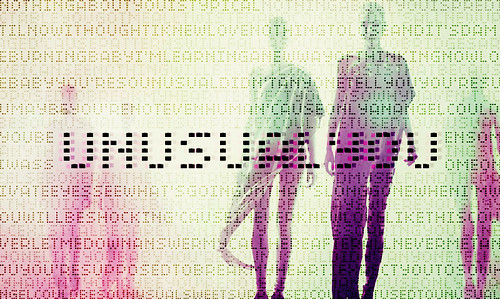Do unusual and unexpected experiences make you more creative?
.
Yes, if you’re actively involved in them — watching isn’t enough:
Past research has linked creativity to unusual and unexpected experiences, such as early parental loss or living abroad. However, few studies have investigated the underlying cognitive processes. We propose that some experiences have in common a “diversifying” aspect and an active involvement, which together enhance cognitive flexibility (i.e., creative cognitive processing). In the first experiment, participants experienced complex unusual and unexpected events happening in a virtual reality. In the second experiment, participants were confronted with schema-violations. In both experiments, comparisons with various control groups showed that a diversifying experience—defined as the active (but not vicarious) involvement in an unusual event—increased cognitive flexibility more than active (or vicarious) involvement in normal experiences. Our findings bridge several lines of research and shed light on a basic cognitive mechanism responsible for creativity.
Source: “Diversifying Experiences Enhance Cognitive Flexibility” from Journal of Experimental Social Psychology
Join over 180,000 readers. Get a free weekly update via email here.
Related posts:
New Harvard Research Reveals A Fun Way To Be More Successful




